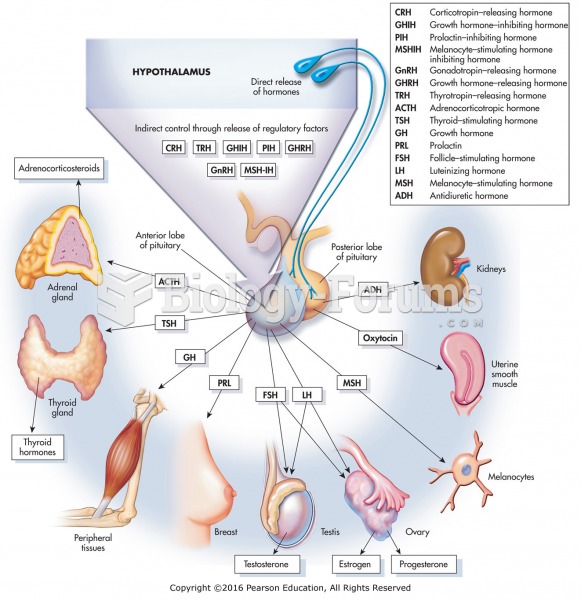|
|
|
People often find it difficult to accept the idea that bacteria can be beneficial and improve health. Lactic acid bacteria are good, and when eaten, these bacteria improve health and increase longevity. These bacteria included in foods such as yogurt.
The human body's pharmacokinetics are quite varied. Our hair holds onto drugs longer than our urine, blood, or saliva. For example, alcohol can be detected in the hair for up to 90 days after it was consumed. The same is true for marijuana, cocaine, ecstasy, heroin, methamphetamine, and nicotine.
Drug abusers experience the following scenario: The pleasure given by their drug (or drugs) of choice is so strong that it is difficult to eradicate even after years of staying away from the substances involved. Certain triggers may cause a drug abuser to relapse. Research shows that long-term drug abuse results in significant changes in brain function that persist long after an individual stops using drugs. It is most important to realize that the same is true of not just illegal substances but alcohol and tobacco as well.
Nearly 31 million adults in America have a total cholesterol level that is more than 240 mg per dL.
As many as 20% of Americans have been infected by the fungus known as Histoplasmosis. While most people are asymptomatic or only have slight symptoms, infection can progress to a rapid and potentially fatal superinfection.
 The parathyroid glands. These four glands are located on the posterior side of the thyroid gland. Th
The parathyroid glands. These four glands are located on the posterior side of the thyroid gland. Th
 Diabetes mellitus. The metabolic disease diabetes mellitus, with symptoms of polydipsia, polyuria, a
Diabetes mellitus. The metabolic disease diabetes mellitus, with symptoms of polydipsia, polyuria, a





